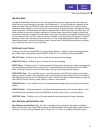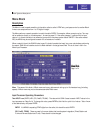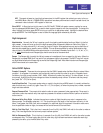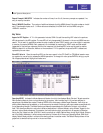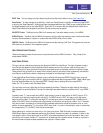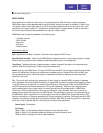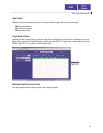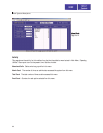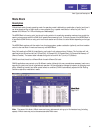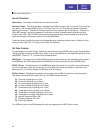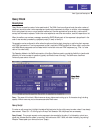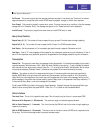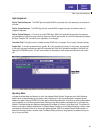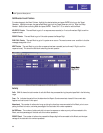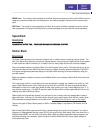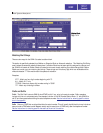
Mode Block
Description
A Mode block exists for each operating mode. An operating mode is defined by a combination of port(s) and time. It
can be as simple as Day or Night mode, or more complex (e.g. a special mode that is in effect for port 2 and 3
between 9.23 AM and 7.41 PM on Mondays and Wednesdays).
The MODE Block is the entry point into the call routing solution for a particular operating mode and can contain the
opening voice prompts which the SVMi-8 will speak when answering a call. The main purpose of the MODE Block is
to provide the SVMi-8 with an entry point into the call session and to direct it to other blocks depending on the type
of call.
The MODE Block receives call information from the phone system, speaks a salutation (optional), and then transfers
control to the next Block. A mode can have only one MODE Block.
Every Call reaching the SVMi-8 is identifies by a call code. A call code consists of 2 letters. The first letter will indi-
cate how the call arrived and will be D (Direct Call), A (Forward All), B (Forward Busy), N (Forward No Answer) or T
(Manual Transfer). The second letter indicates the type of call and will be T (trunk) or S (Station).
SVMi-8 can direct the call to a different Block for each different Call code.
SVMi-8 applications may contain up to 99 different modes, (although this many are seldome necessary) each corre-
sponding to a particular style of organizational operation. As the organization changes its behavior by changing work
shifts, scheduling inventory and other special events or conditions, SVMi-8 automatically adjusts the Call Routing
Solutions required to meet callers' needs.
Mode The name of this block. A Block name can be any alphanumeric string up to 16 characters long (including
spaces). A Block name may not be the same as another Block name.
Block Types and Descriptions
81
MMooddee BBlloocckk
Page 1 of 1



